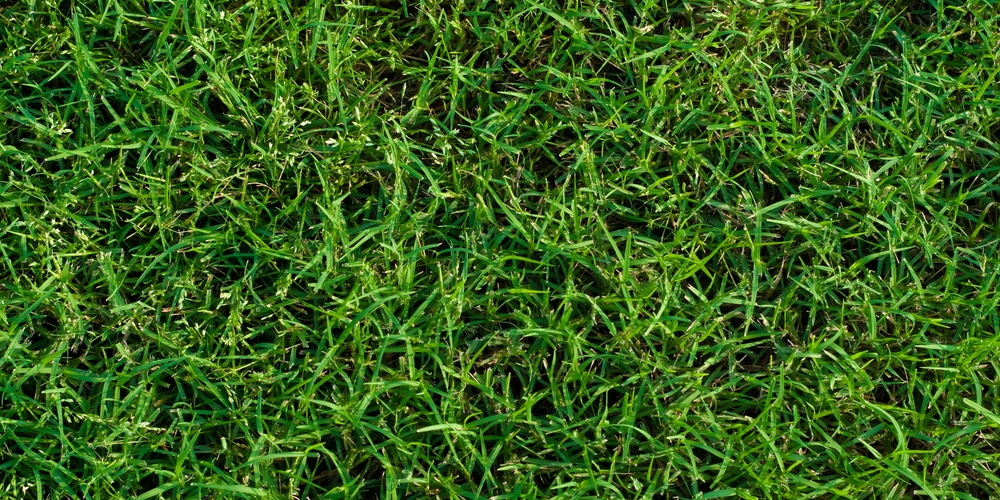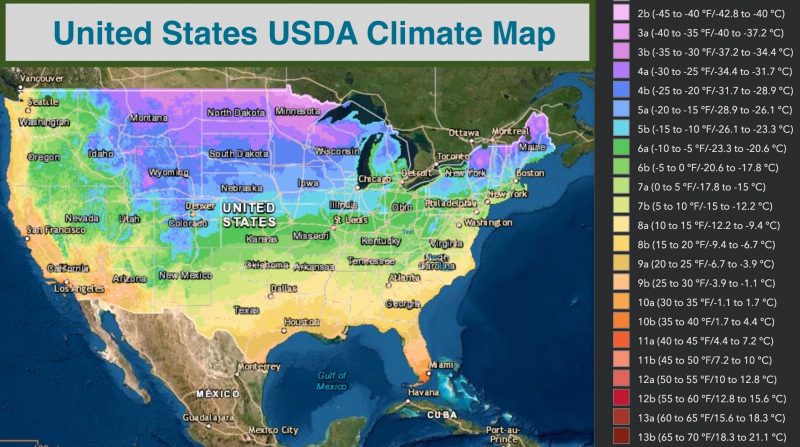In your quest to find the perfect grass for your lawn you may have come across Bermuda and Zeon Zoysia. Both have wonderful qualities, but which one is right for you?
Let’s take a closer look at zeon zoysia vs bermuda in terms of looks and texture, sun requirement, temperature, drought tolerance, growth, maintenance, and overall hardiness.
Zeon Zoysia vs Bermuda Grass
Texture and Appearance
The easiest way to differentiate zoysia from bermuda is by looking at the grass. Bermuda will have that characteristic, hair-like texture that’s really soft, while zoysia in general tends to have longer and wider blades. As for growing habits, zeon zoysia tends to shoot straight up towards the sun while bermuda will usually lean at an angle.
Bermuda grass varieties exhibit a range of colors, while Zeon is usually bright green in the sun.
Sun and Shade Tolerance
Your lawn location might dictate whether you should get bermuda grass or zeon zoysia grass. The Bermuda variety is notorious for needing full sun, or else growth will be stunted and you might not see a sea of green as you would have hoped. For yards that have several large trees covering most of the space, bermuda is often left out in favor of shade-tolerant grass varieties.
Zeon Zoysia grass is a bit more forgiving and can thrive in lawns that get partial sunlight. However, if you want a full and healthy lawn then it’s recommended that you plant zoysia where it can get all-day sun.
Temperature and Growing Zone
Bermuda and Zeon Zoysia are considered warm-season grasses, which means they have a certain degree of heat and drought tolerance. In terms of USDA zones, bermuda grass is limited to zones 7 through 10 while zoysia grass is within 6 through 9.
Zeon zoysia can withstand colder temperatures better than bermuda, but bermuda is king when it comes to warm climates. If you’re in zones 7 through 10 then you can choose between the two. However, in zones 10 and 6 you’ll want to pick Bermuda and Zeon Zoysia to decorate your turf, respectively.
Growth
Like the idea of watching your grass grow? Then we’d wholly recommend you install Bermuda grass on your lawn. It’s quite notorious for filling up a bare patch of ground in a short time, and in some regions, it’s considered an invasive species. In the right conditions, bermuda will thrive and establish itself with very few problems.
Zeon zoysia, on the other hand, grows slower and usually needs several years to completely fill up an area. However, the zoysia species largely adapt the ‘slow and steady wins the race’ maxim, and if you’re patient enough you’ll see a thick lawn over time. Another benefit to growing zoysia is that it tends to crowd out weeds with its thick canopy, which equals a lush and healthy lawn.
Maintenance
Both Zeon Zoysia and Bermuda can grow in a variety of soil conditions, including sandy or clay mediums. When it comes to fertilization, the two grass types are voracious feeders and require a monthly dose of nitrogen and other essential nutrients.
As for watering, bermuda typically needs more frequent irrigation but it’s more drought tolerant. Grass typically needs more water during sunny days and summer seasons, but it shouldn’t be too much that it introduces diseases and root rot.
Mowing is an essential part of lawn maintenance and helps keep the grass neat and healthy. The fast-growing Bermuda grass will need more frequent mowing compared to the Zeon Zoysia, which grows relatively slower. Not only that, but you’ll have to take several measures to ensure the bermuda grass in your lawn is contained and won’t spread to your other plants.
Overall Hardiness
Bermuda and Zoysia are often used in commercial landscapes due to their high tolerance to foot traffic. However, bermuda grass is the tougher of the two, able to handle the play of children and pets, or even a scooter or a grill. Zoysia can take foot traffic, but it doesn’t have the same recovery rate as that of a Bermuda’s.
When it comes to pests and diseases it’s acknowledged that zoysia is tougher. Bermuda is prone to dollar spots, nematodes, and mole crickets, while zeon zoysia is weak against billbugs.

